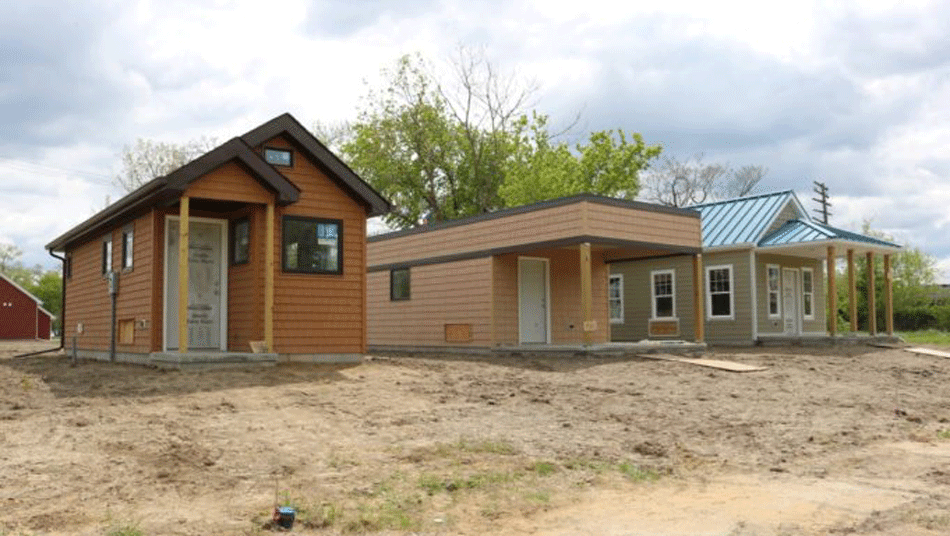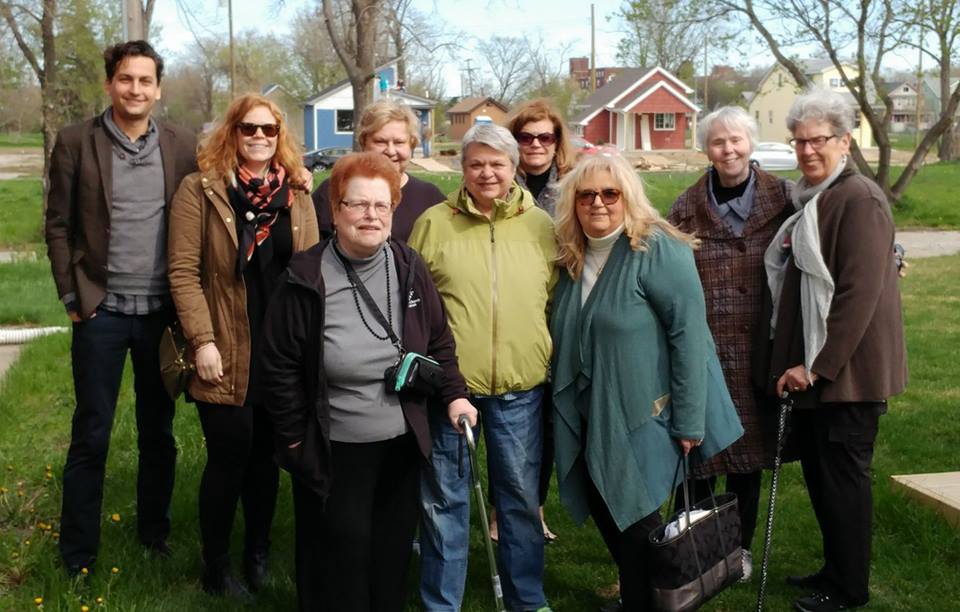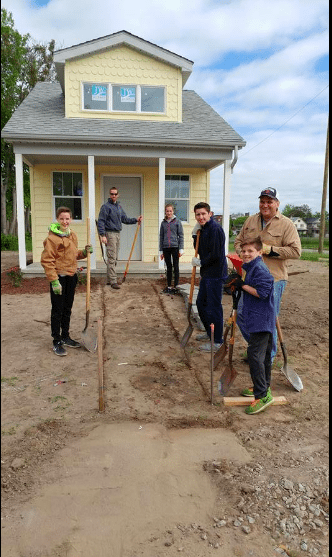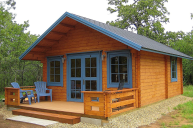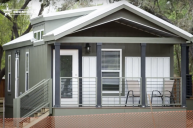With no desire to be held down by an astronomical mortgage, younger generations have been seeking alternative means of living. One of those alternative means - tiny houses - has exploded in the last decade. With television shows, books, and courses encapsulating the tiny house movement, one may simply write it off as a new hip trend. Tiny houses, however, are more than just a fad. For minimum wage workers in Detroit, they're an attainable dream of becoming a homeowner.
In the northwest side of the Detroit, a new neighborhood of tiny homes is being constructed thanks to local nonprofit Cass Community Social Services. First reported on Fast Company, the nonprofit has transformed a two block radius into a tiny living community for families that live on a poverty level. When you're living off of minimum wage, building up enough assets to put a down payment on a house is highly unlikely. With the rent-to-own program in the new tiny house district, homeowners won't have to worry about that.
Rather than a downpayment and taking out a mortgage - which minimum wage workers would unlikely qualify for - those looking to buy a tiny home will pay $1 per square foot. With the square foot of houses ranging from 250 to 400 square feet, that's cheaper than most apartment rentals.
While the tiny house prices may be geared towards low income workers, the houses themselves are not. Each home features the essential amenities you would need in a basic bathroom and kitchen, while the construction is left up to professionals to handle. For a new homeowner, that's like music to your ears. There's no need to worry about plumbing, faulty electricity, or a bad foundation.
Along with helping low income households achieve their dream of home owning, they will be required to take classes in financial literacy along with home maintenance. Through education and support, Cass Community Services is helping to improve the overall quality of living for those less fortunate. In total, they will be able to build 25 homes costing in the $40,000 to $50,000 range.
Movements such as this tiny home neighborhood could be the key to making home owning a reality for low income families. The price of building a tiny home cost roughly that of a new car. That's pennies compared to what a new home costs. They also improve the neighborhood, making the area more desirable. With all the benefits that come with a tiny home, it looks like this movement is one that will stick around.
This post was originally published on June 8, 2017.
